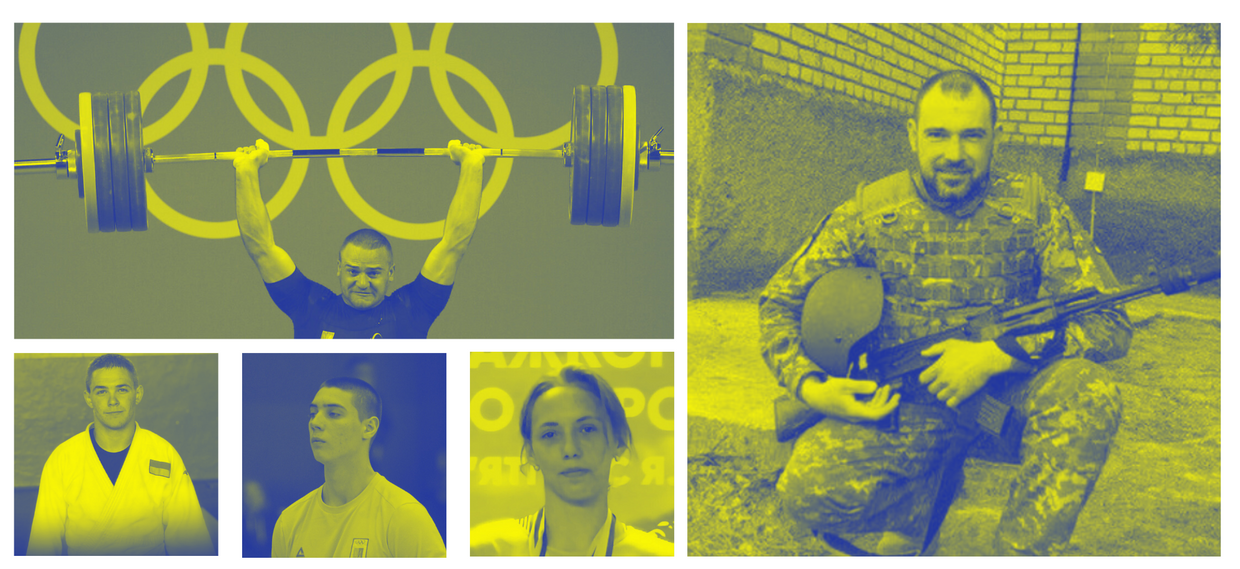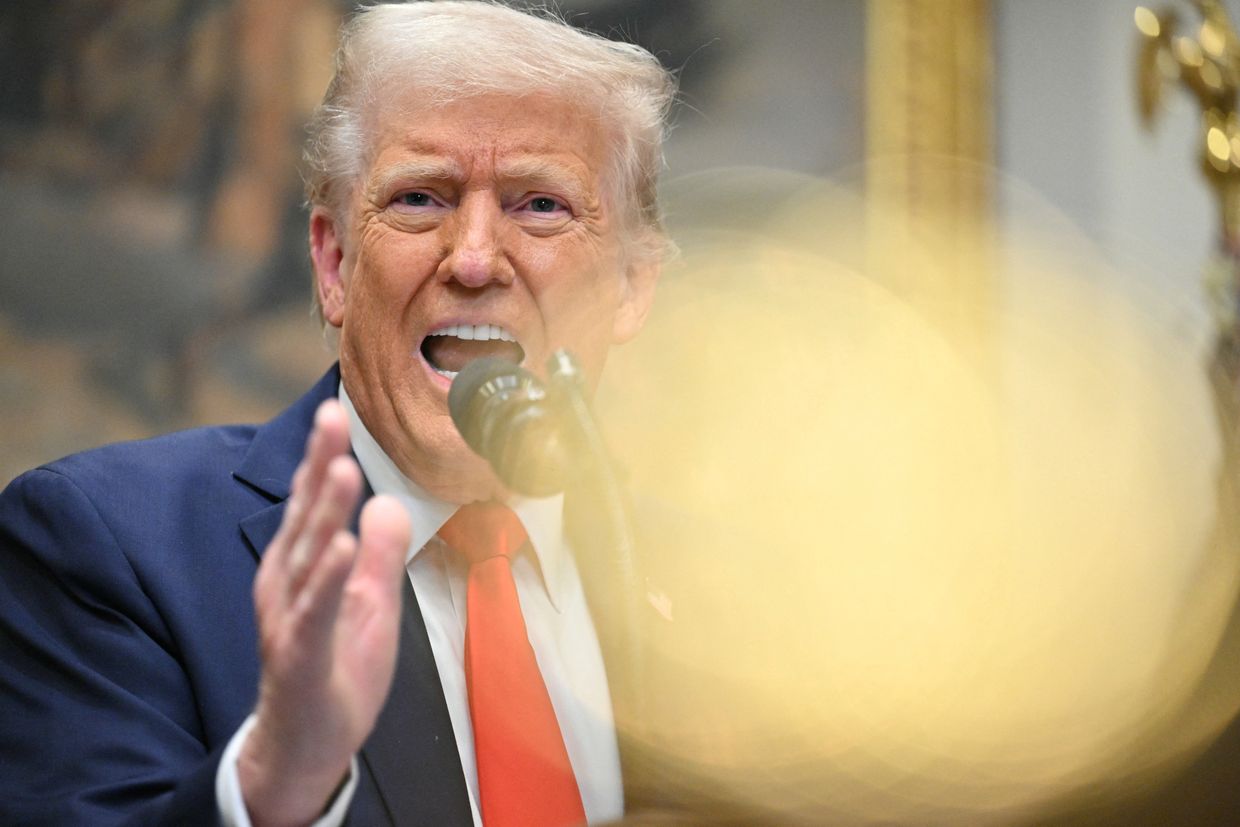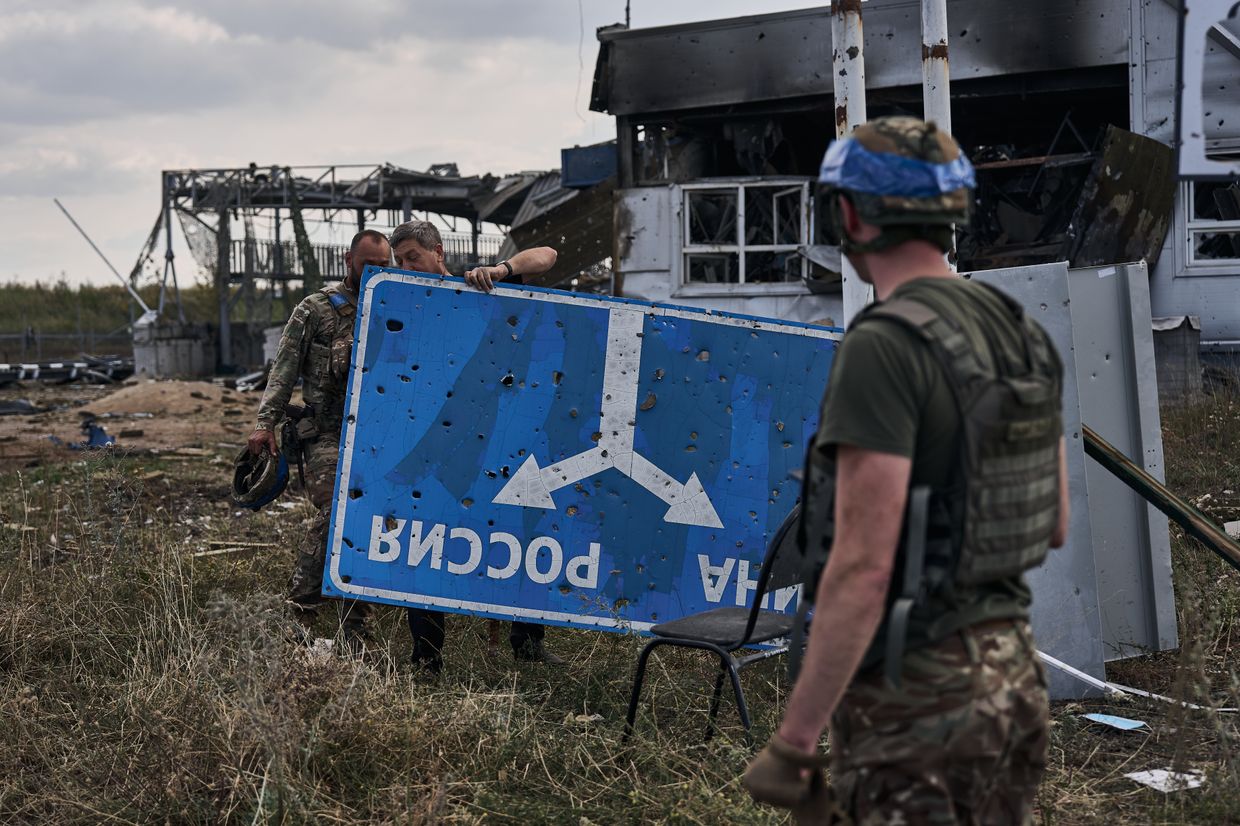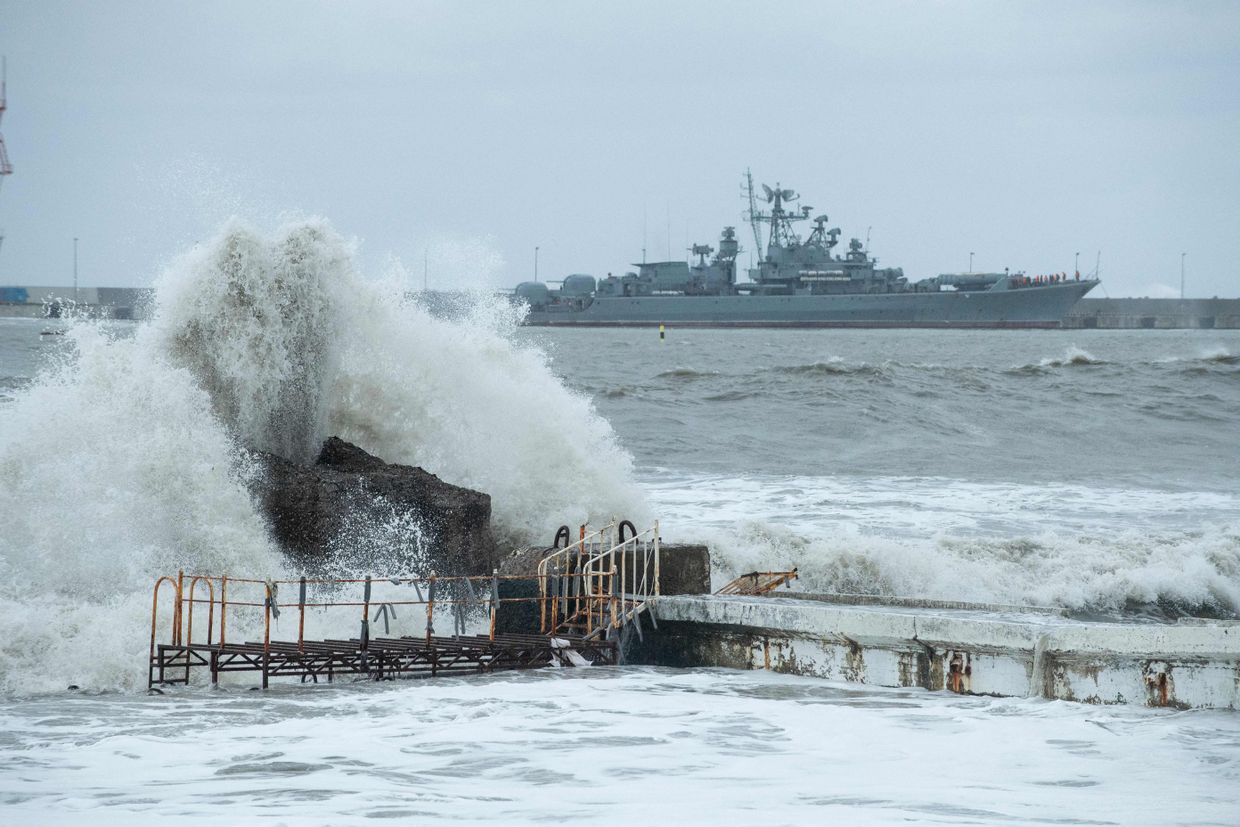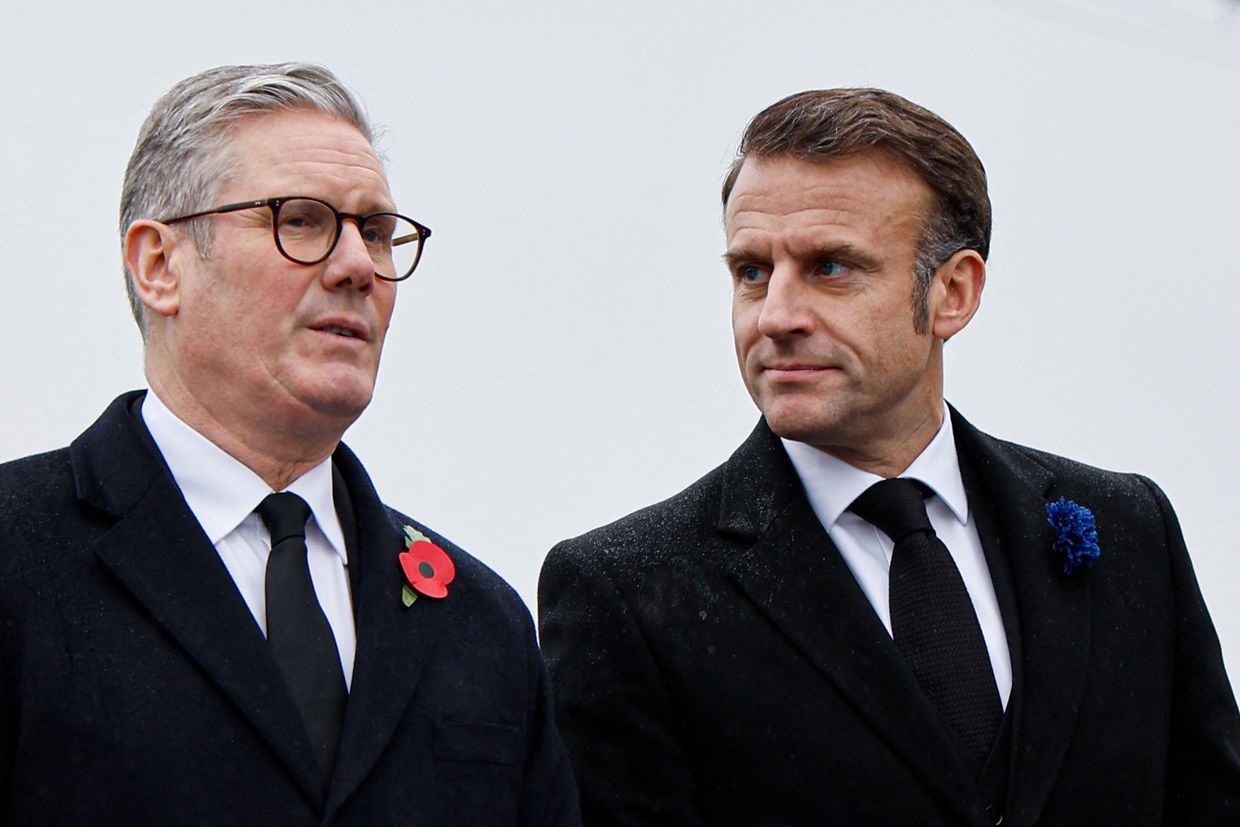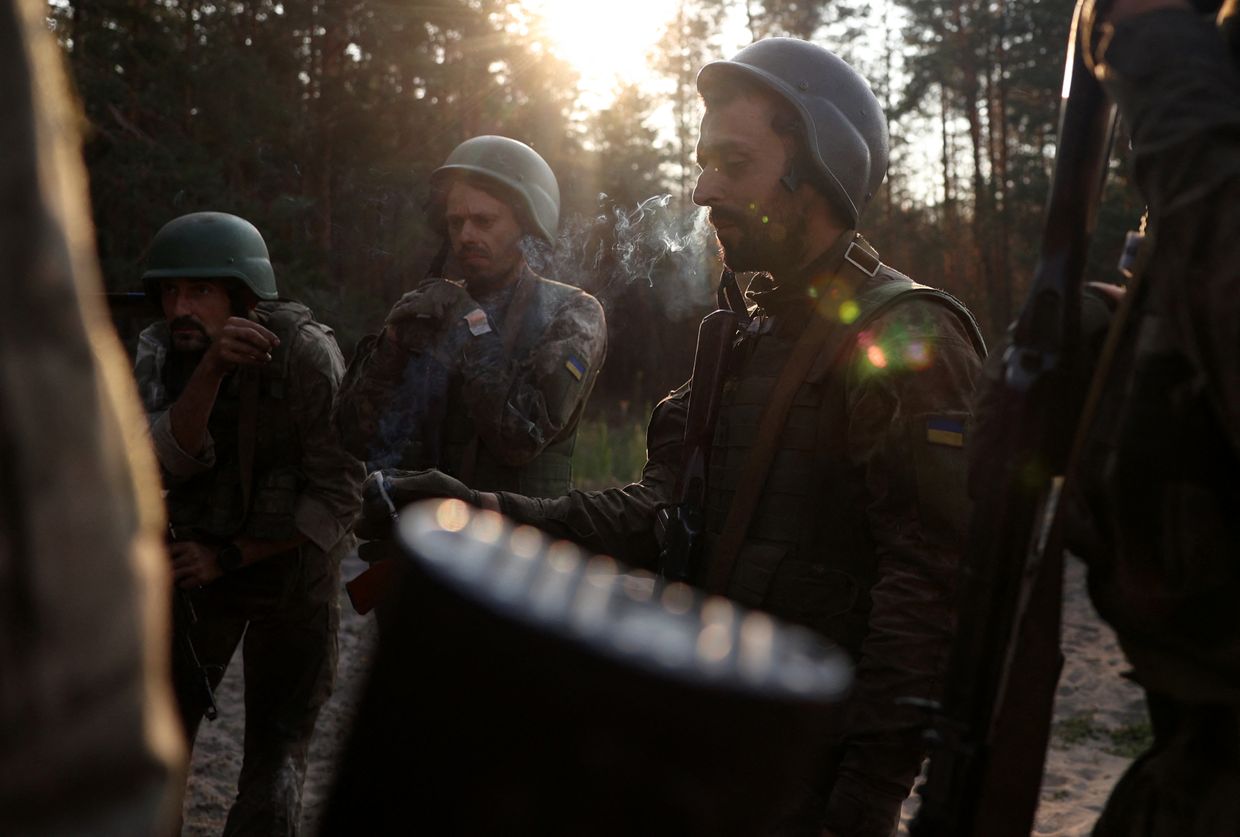Russia, as well as the Soviet Union before it, has long sought to use international sporting spectacles as an opportunity to demonstrate the nation's athletic prowess and improve its prestige on the global stage.
The 2014 Winter Olympics, held in Sochi, Russia, just days before unmarked Russian troops began the illegal takeover of Ukraine's Crimea, was a high point for the country's Olympic ambitions and a widely cited source of national pride. The games were often characterized as a "pet project" for Russian President Vladimir Putin.
At the time, Putin expressed hope that the international competition would "build bridges" and help promote a more positive vision of Russia around the world. The 2014 Olympics, the most expensive in history, nonetheless became associated with many of the negative stereotypes long connected to Russia — corruption, cronyism, inflated prices, abuse of migrant workers, and other less-than-savory details.
The games were still considered to be mostly successful, even if eventually overshadowed by the illegal annexation of Crimea and the ensuing aggression against Ukraine that followed shortly after.
Ten years later, Russia's meager participation in the 2024 Paris Olympics, which kicked off on July 26, is a far cry from that high point.
Bare-bones participation in 2024 games
Russia had already been banned from officially participating in both the 2020 and 2022 Olympic Games for widespread doping. Though the ban was lifted in 2023, most Russian athletes were barred from the next games due to Russia's full-scale invasion of Ukraine.
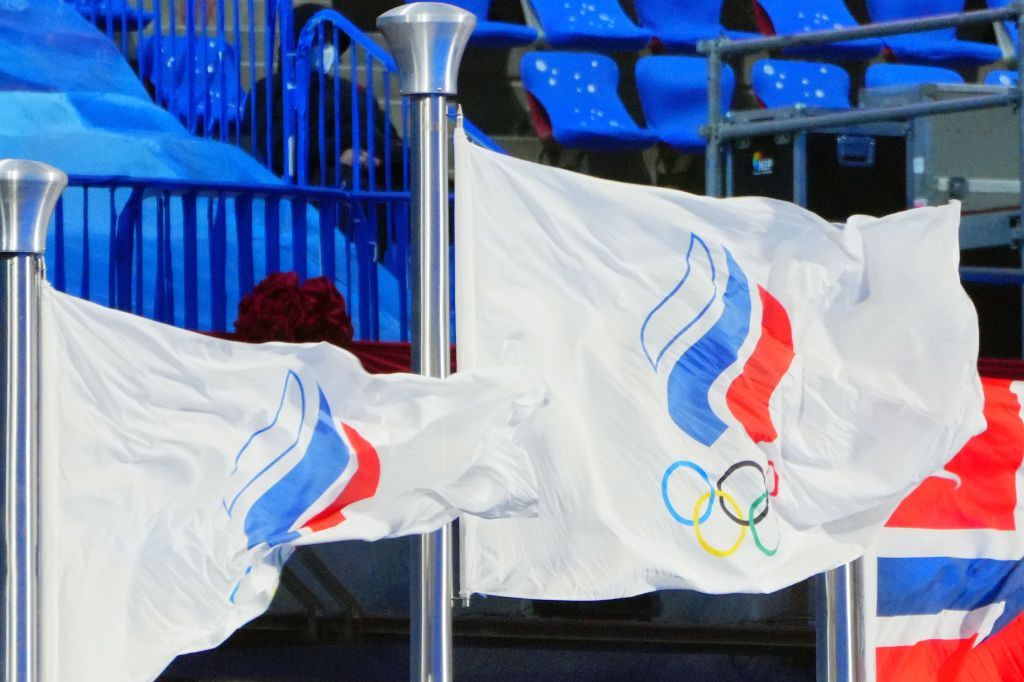
The Executive Board of the International Olympic Committee (IOC) ruled in December 2023 that Russian and Belarusian athletes will be allowed to compete in the Olympic Games in Paris as Individual Neutral Athletes (AINs) with "strict eligibility conditions."
Under the rules, Russian and Belarusian athletes cannot participate as teams nor display any flags or official identification with either country.
The rules also stipulate that athletes or members of their team who have openly supported the war or have been affiliated with the military or security organizations of Russia or Belarus are barred.
An investigation by the human rights group Global Rights Compliance earlier in July found that as many as two-thirds of the Russian athletes permitted to join the games have violated neutrality rules by displaying public support for the full-scale invasion of Ukraine.
In light of the heavy scrutiny and strict conditions, just 15 Russian athletes have qualified to appear at the Paris games. This is the lowest number of Russian athletes competing in the Olympics in 30 years, since the 1994 Winter Olympics in Lillehammer, when Russia first competed separately from the Soviet Union and the United Team.
Even under the restrictions in place at the 2022 Winter Olympics, more than 200 Russian athletes participated under the designation of the "Russian Olympic Committee."
In 2024, Russian athletes will compete in cycling, kayaking and canoeing, tennis, swimming and trampoline.
Ukraine will be represented by 140 athletes, also the smallest in the history of the country's participation in the games.
Russia's full-scale invasion has killed at least 488 Ukrainian athletes and coaches since 2022, according to Ukraine's Youth and Sports Ministry.
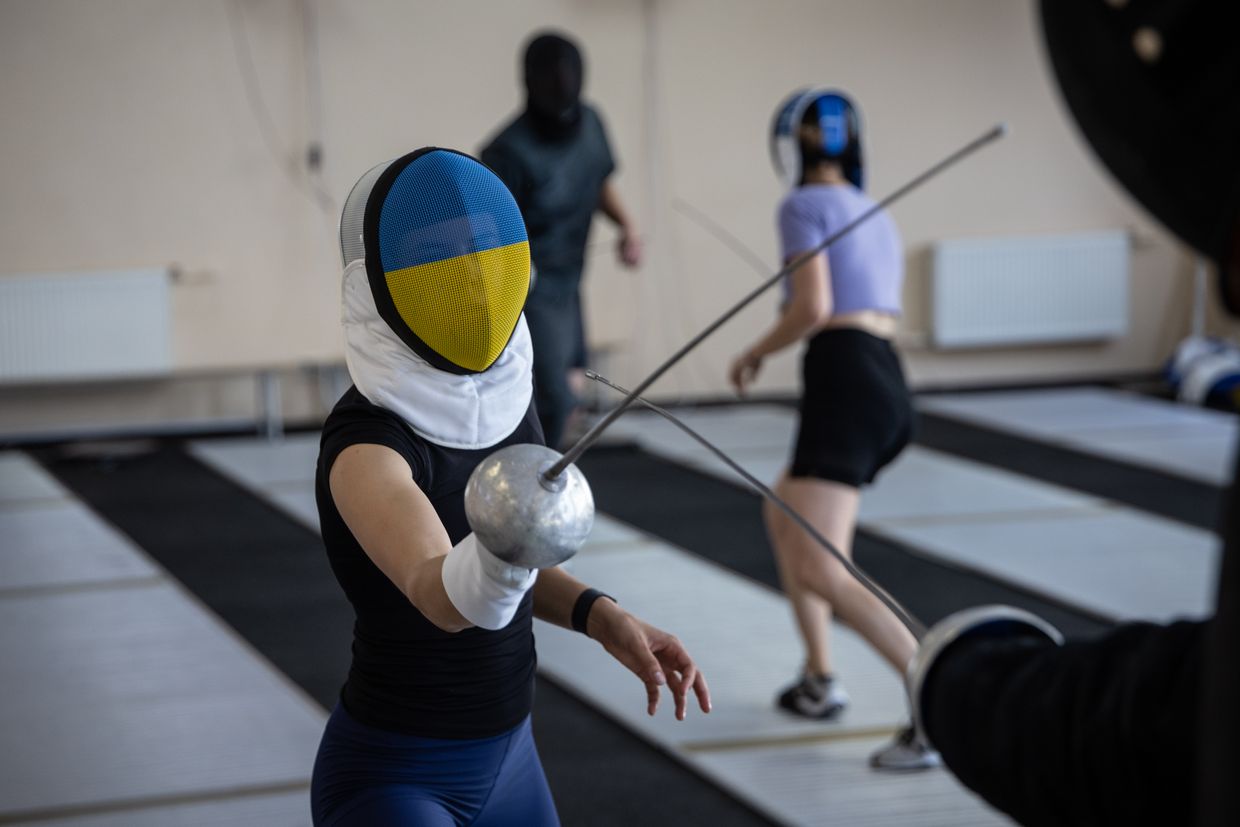
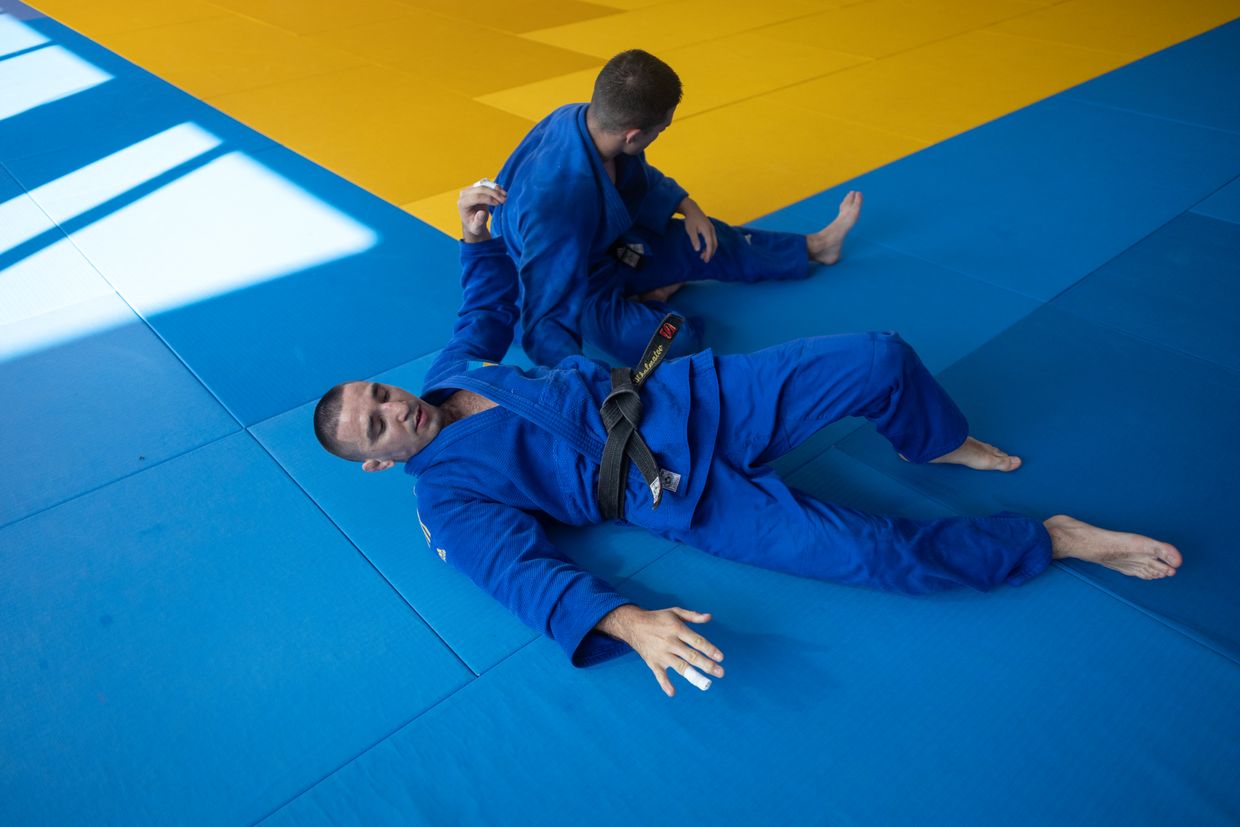
Limited broadcast
The 2024 games will not be shown on Russian state television, the first time they have not been broadcast since the Soviet Union boycotted the 1984 games held in the U.S.
The decision not to broadcast the games was reportedly made for "political reasons," as authorities allegedly decided it was impossible to "show the Olympics without the (Russian) flag and anthem" on state television, the Sports.ru media outlet wrote.
A representative for Okko, one of the leading streaming platforms in Russia, told Russian state-controlled media RBC in February, "We believe that given the disqualification of Russian athletes, this event is not of great interest to the audience in Russia."
RBC said in February that the Russian social network VKontakte was in talks to buy the rights, but according to BBC Russia, it will only show "expert discussions" of the games and not the actual competitions.
Russian interference
In the lead-up to the Olympics, there were numerous reports of alleged Russian-linked schemes to interfere in the games, including a thwarted terrorist plot intercepted by French police.
The New York Times reported in June that a Russian-linked disinformation plot "began in earnest" in the summer of 2023 when a fake "documentary" about the games was released with a doctored IOC logo and an AI-powered impersonation of Tom Cruise's voice.
"(The hackers) are trying to cultivate an anticipation of violence," said Clint Watts, the head of Microsoft’s Digital Threat Analysis Center, in comments to the NYT.
"They want people to be fearful of going to the Olympics."
Just ahead of the opening of the games in July, French authorities arrested a Russian man who was suspected of "sharing intelligence with a foreign power to incite hostilities in France."
French Interior Minister Gerald Darmanin said that other Russian nationals had been arrested for allegedly being involved in a plot to spread disinformation or otherwise interfere in the games.
Darmanin described one of the examples of the Russian-linked plot, saying that authorities "saw a video which purports to be someone from Hamas...who announces an attack in the next few days and comes because France is going to welcome Israeli athletes. We're not sure, but it looks like it is fake and has been spread by pro-Kremlin and pro-Russian channels."
French authorities barred dozens of Russian and Belarusian nationals from receiving accreditation to be present at the games, citing concerns of potential foreign interference, cybersecurity threats, disinformation, and other reasons.
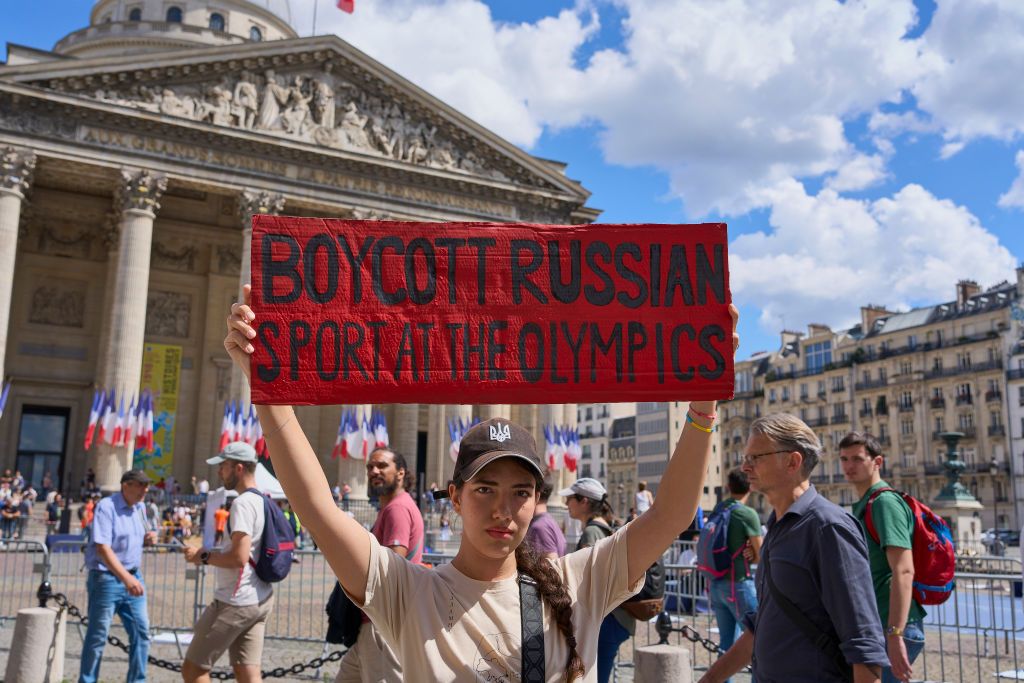
Almost 4,500 applications in total were rejected, a figure that included Russians, Belarusians, and others.
Darmanin said that some of them were individuals posing as "journalists."
"In addition to intelligence and traditional espionage, there is the possibility of gaining access to computer network gateways to carry out a cyberattack," he added.
On the morning of July 26, just ahead of the opening ceremony, the French high-speed railway network was hit by coordinated arson attacks that French Prime Minister Gabriel Attal said were "acts of sabotage."
Train routes across the country were diverted or altogether canceled, and some lines will be disrupted until at least July 29, authorities said.
While there has been no preliminary evidence indicating Russian involvement, French Sports Minister Amelie Oudea-Castera said it should not be ruled out.
